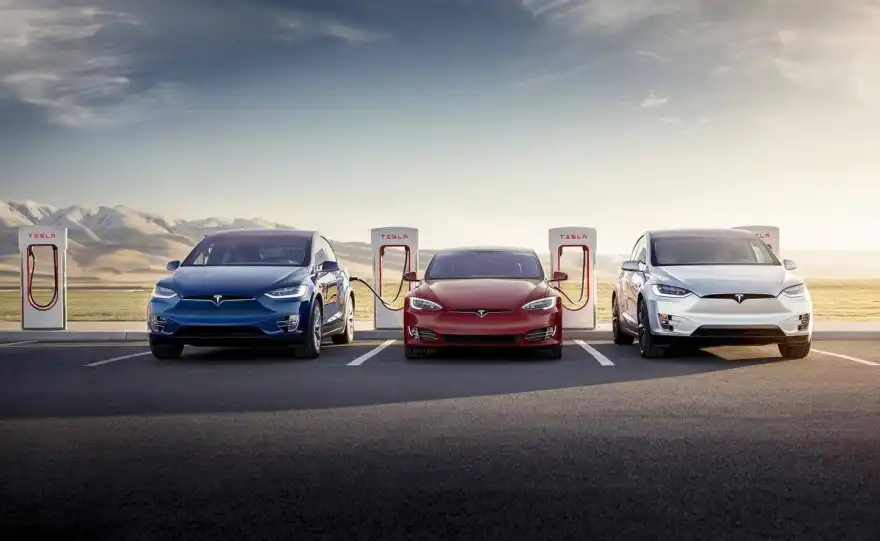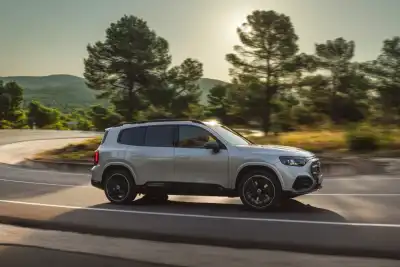
Tesla has been urging the UK government to tighten carbon emissions rules for both cars and trucks, according to recently revealed documents. The electric car company, led by Elon Musk, also supports higher taxes on fossil fuel vehicles to encourage the transition to electric.
In a letter to Lilian Greenwood, the Labour roads minister, Tesla called for stricter rules under the zero-emission vehicle (ZEV) mandate. This policy requires carmakers to sell an increasing number of electric vehicles (EVs) each year. Tesla suggested creating similar rules for heavy goods vehicles (HGVs). Despite Musk’s public clashes with Labour, Tesla praised the party’s strong commitment to achieving net zero by 2030, describing it as a bold move toward decarbonisation.
While Tesla pushes for tougher regulations, some of its competitors, like Ford and Jaguar Land Rover, have lobbied against the ZEV mandate, arguing it threatens their UK operations due to what they claim is insufficient demand for EVs. In response to industry pressure, the UK government has hinted at easing these rules.
Tesla disagrees, arguing that stricter mandates would speed up EV adoption and develop the second-hand EV market faster. The company also wants similar policies for lorries to boost the market for electric trucks, including Tesla's Semi, which is now expected to enter production in 2026 after years of delays. Tesla insists the UK must act quickly, pointing out that EU regulations already require truck manufacturers to slash emissions by 45% by 2030 compared to 2019 levels.
A ZEV mandate for trucks could also benefit Tesla financially. It would allow the company to sell "credits" to rivals who struggle to meet the requirements, a system that has already earned Tesla billions.
Tesla has consistently advocated for stronger clean transport policies and even suggested revenue-neutral subsidies—raising taxes on petrol and diesel cars to support EV sales. Despite Musk’s controversial political ties, Tesla continues to thrive financially, earning over $2 billion from selling emissions credits in 2024 alone.
Looking ahead, Musk may leverage connections with political leaders like Donald Trump to influence regulations, particularly in the autonomous vehicle sector, which Tesla sees as a key driver of future growth. In its letter, Tesla encouraged the UK to lead in autonomous driving innovation, positioning itself as a pioneer in the evolving EV market.




